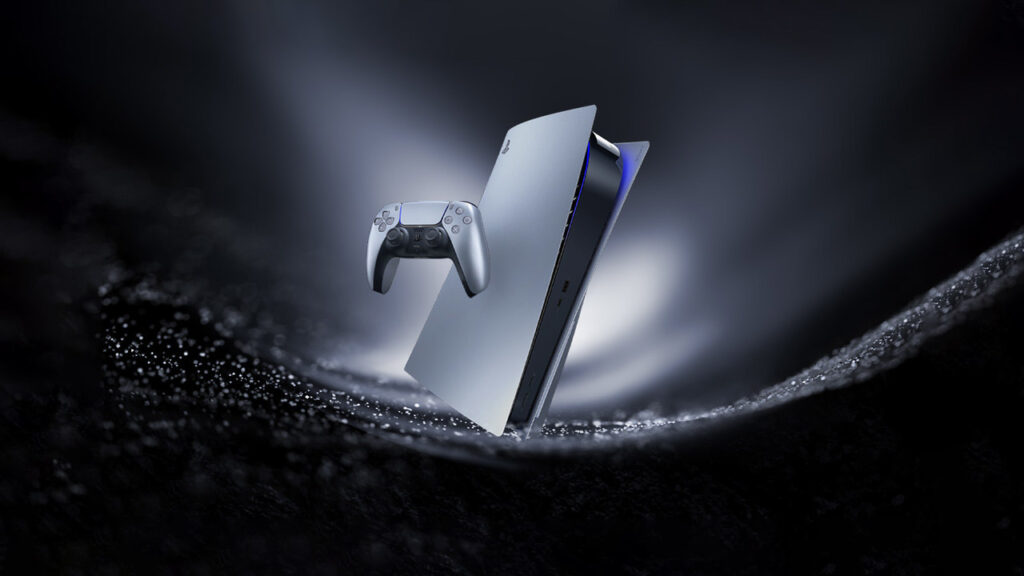
SAN FRANCISCO, Sept 16 (Reuters) – Intel (INTC.O) missed out on a contract to design and produce the chip for Sony’s PlayStation 6 in 2022, a setback that significantly impacted its attempts to grow its emerging contract manufacturing business, according to three sources familiar with the situation.
Intel’s attempt to outbid Advanced Micro Devices (AMD.O) in a competitive process to supply the design for the upcoming PlayStation 6 chip, and Taiwan Semiconductor Manufacturing Co (2330.TW) as the contract manufacturer, could have generated billions in revenue and required the production of thousands of silicon wafers per month, according to two sources.
Intel and AMD were the final two contenders in the bidding process for the contract.
Securing the PlayStation 6 chip design contract from Sony (6758.T) would have been a major win for Intel’s design division, while also boosting its contract manufacturing, or foundry business— a key element in CEO Pat Gelsinger’s plan to revitalize the company.
In 2021, Gelsinger revealed Intel’s plans to establish a foundry unit, which was officially launched at an event in San Jose, California, this February. While the PlayStation chip deal came from Intel’s design division, it would have significantly boosted the financial performance of the foundry business following its separation earlier this year.
Sony consoles typically sell over 100 million units within five years. While the console market offers lower profits for chip designers compared to the 50% gross margins seen with AI chips, it still provides consistent business that leverages existing technology. Additionally, securing Sony’s contract could have given a significant boost to Intel’s contract manufacturing unit, which has been struggling to attract large new clients.
A disagreement over the profit Intel would earn from each chip sold to Sony prevented the company from reaching a pricing agreement with the Japanese electronics giant, according to two sources. As a result, AMD won the contract through a competitive bidding process that narrowed the field and eliminated other contenders like Broadcom (AVGO.O), leaving only Intel and AMD in the race.
Talks between Sony and Intel spanned several months in 2022 and involved meetings between the companies’ CEOs, as well as numerous engineers and executives.
In response to Reuters’ report on the PlayStation 6 negotiations and Intel’s failure to secure the contract, an Intel spokesperson stated, “We strongly disagree with this portrayal, but we will not comment on any ongoing or potential customer discussions.
BACKWARDS COMPATIBILITY
Just as major tech companies like Google (GOOGL.O) and Amazon (AMZN.O) depend on external vendors for designing and manufacturing custom AI chips, Sony relies on experienced design contractors to create processors for its systems.
Console chip designs usually aim to maintain compatibility with previous versions to enable users to play older games on the new hardware. Transitioning from AMD, which designed the PlayStation 5 chip, to Intel could have jeopardized this backward compatibility. This concern was a topic of discussion between Intel and Sony engineers and executives, according to the sources.
Maintaining backward compatibility with previous PlayStation versions would have been expensive and required significant engineering resources. Ensuring that PlayStation users can play games purchased for older systems is a feature Sony typically includes in its next-generation consoles.